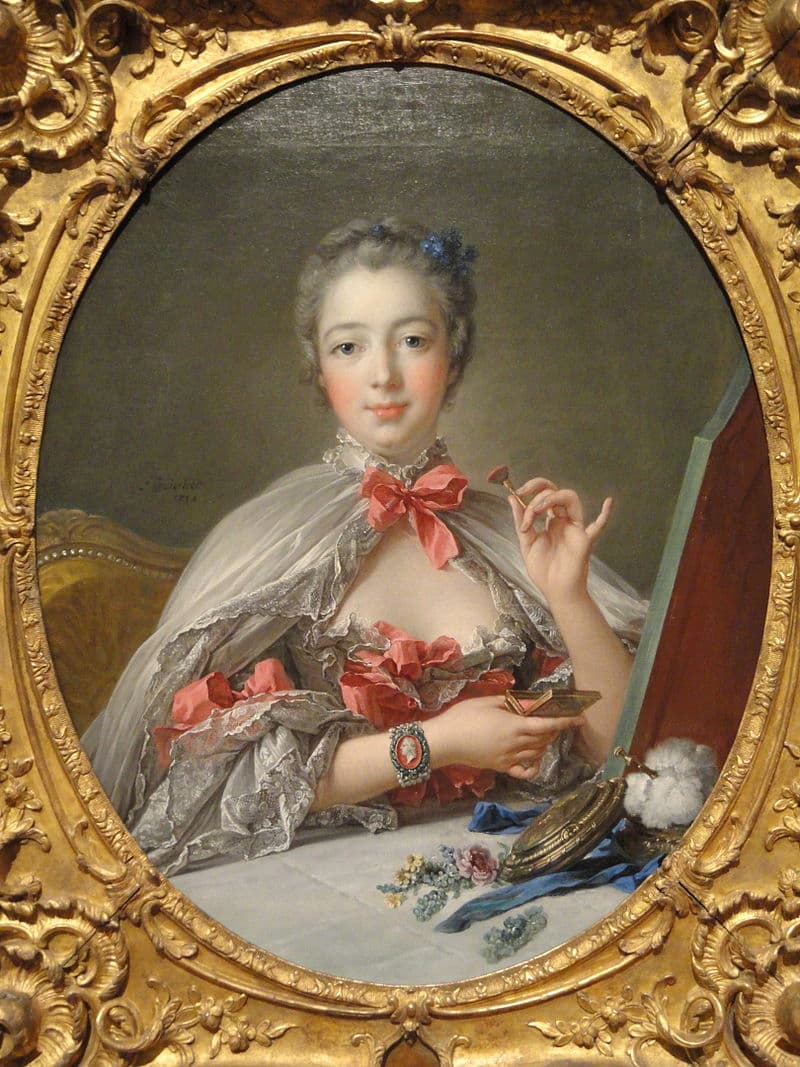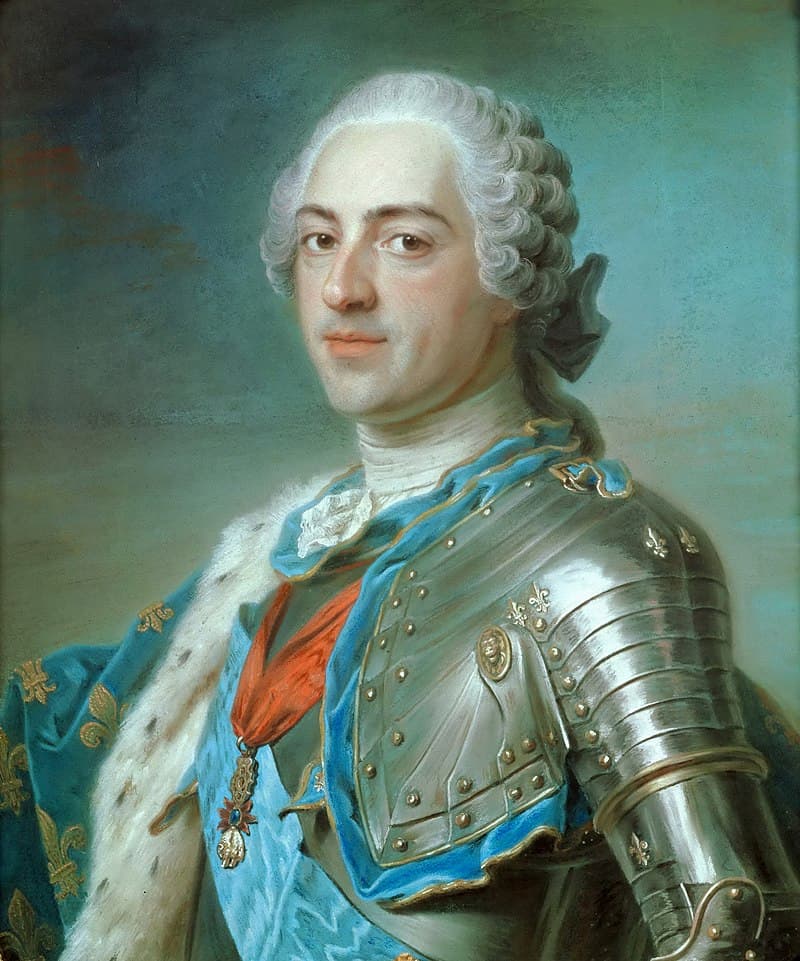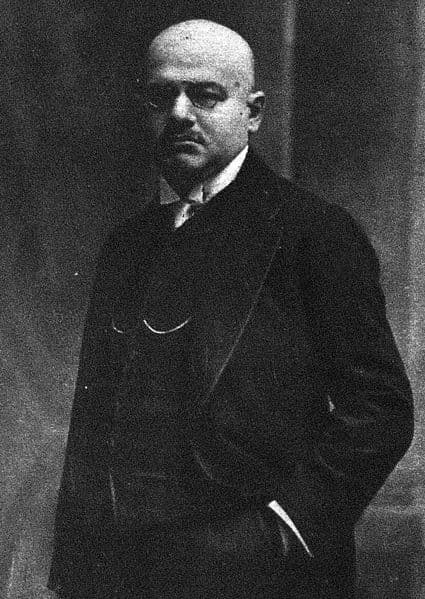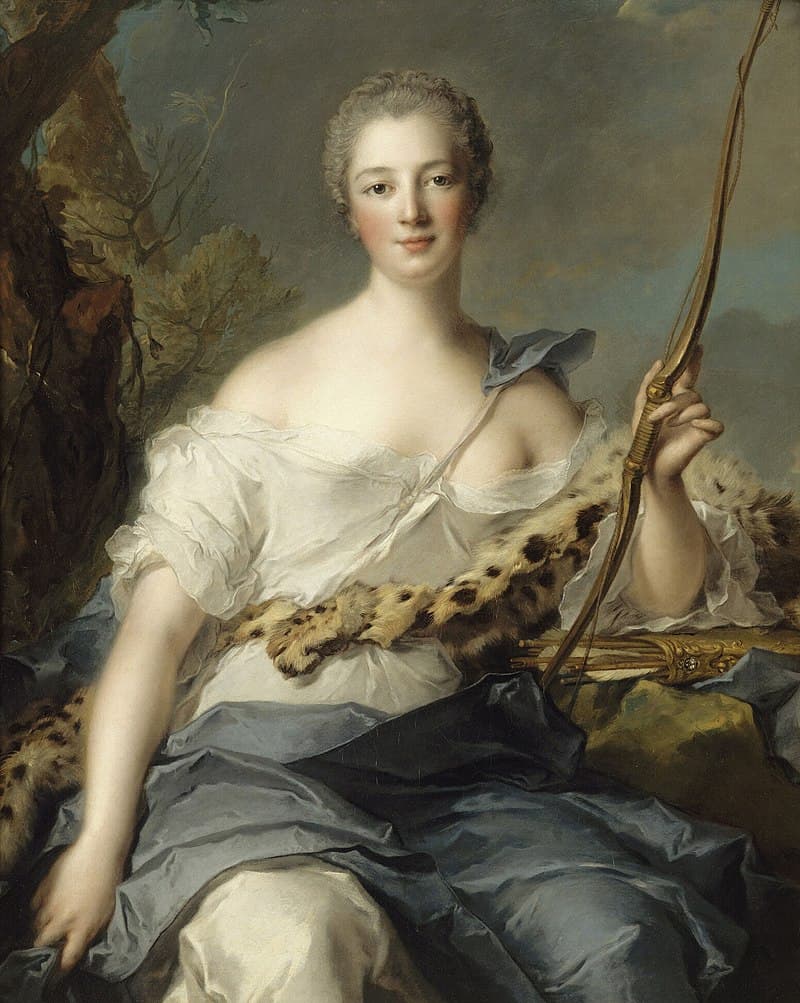The scandals and doings of centuries-old family dynasties have long been a source of fascination for the general public. Royals like Prince Harry and Meghan Markle manage to stay in the headlines day after day, keeping countless people entertained without end. However, celebrity culture is hardly a present-day invention, and the 19th century was endlessly fascinated by members of the French court leading up to the French Revolution. Of particular interest was the convention of the King of France to appoint a “Maîtresse-en-titre,” a so-called chief Royal mistress. While the King might have had many mistresses, there was normally only one titled chief mistress. That title amounted to a semi-official position—no pun intended—and came with its own apartment. Louis XV was King of France from 1715 until his death in 1774, and he had a long succession of chief mistresses. However, none were as famous or as colourful as Madame de Pompadour and Madame du Barry. The composer Karl Millöcker brought the life of “Madame du Barry” to the operetta stage, and Leo Fall (1873-1925) musically encoded the life of Madame de Pompadour.
Leo Fall: Madame Pompadour, “Overture” (Vienna Volksoper Orchestra; Vienna State Opera Orchestra; Andreas Schuller, cond.)
Leo Fall: Madame Pompadour, “Act 1 Intro and Ensemble” (Boris Pfeifer, tenor; Vienna Volksoper Chorus; Vienna Volksoper Orchestra; Vienna State Opera Orchestra; Andreas Schuller, cond.)

Jeanne-Antoinette Poisson, Marquise de Pompadour, by Francois Boucher
Madame de Pompadour, born Jeanne Antoinette Poisson, was the chief mistress from 1745 to 1751. Despite her frail health and countless political enemies, she was highly influential at court. She was a major patron of architecture and decorative arts, supporting artists like Boucher and constantly refurnishing the fifteen residences she held with Louis. She championed French porcelain making, was an acclaimed stage actress, a skillful gem engraver and an amateur printmaker. In addition, she was an important patron of the philosophers of the Enlightenment, supporting the writers Jean-Jacques Rousseau, Denis Diderot and Voltaire. Hardly surprising that Madame de Pompadour had plenty of hostile critics who accused her of malevolent political influence. When she died at the age of forty-two from tuberculosis, a good many enemies were greatly relieved. Voltaire, however, wrote, “I am very sad at the death of Madame de Pompadour. I was indebted to her and I mourn her out of gratitude. It seems absurd that while an ancient pen-pusher, hardly able to walk, should still be alive, a beautiful woman, in the midst of a splendid career, should die so young.” Plenty of drama and intrigue suitable for theatrical treatment, don’t you think? Composer Leo Fall (1873-1925) certainly thought so, and “Madame Pompadour” first played in Berlin on 9 September 1922. The operetta enjoyed a run of 161 performances in Vienna beginning in 1955, and a new staging was premiered in 1986.
Leo Fall: Madame Pompadour, “Act I, Finale” (Annette Dasch, soprano; Mirko Roschkowski, tenor; Beate Ritter, soprano; Boris Pfeifer, tenor; Gerhard Ernst, baritone; Wolfgang Gratschmaier, tenor; Vienna Volksoper Chorus; Vienna Volksoper Orchestra; Vienna State Opera Orchestra; Andreas Schuller, cond.)

Louis XV by Maurice Quentin de La Tour, 1748
With carnival in full swing at the “Tavern of the Muses,” the poet Joseph Calicot sings a satirical song about Madame Pompadour that is well received by the intoxicated public. Unbeknownst, Madame Pompadour and her maid Belotte arrive in disguise and are looking for amorous adventures. They don’t know, however, that the police minister Maurepas has also joined the festivities. He has secretly followed the ladies and hopes to catch Madam Pompadour, whom he hates with a passion, in a compromising position so that he can inform the King. Count René d’Estrades, a friend of the poet Calicot is also present, and the four main characters are getting to know each other famously. However, Madam Pompadour discovers the disguised Maurepas and tells him that she is on a secret mission to uncover a conspiracy. Maurepas disappears but quickly returns with a small police force. Calicot and René are arrested, but they are delighted when they find out their official sentences. Calicot is supposed to write a play for the royal court theatre, and René is ordered to act as the bodyguard to Madam Pompadour.
Leo Fall: Madame Pompadour, “Act II, Trio, Wozu hast du denn die Augen” (Annette Dasch, soprano; Elvira Soukop, mezzo-soprano; Beate Ritter, soprano; Vienna Volksoper Orchestra; Vienna State Opera Orchestra; Andreas Schuller, cond.)

Leo Fall, 1925
René’s wife Madeleine, hoping to find her husband, visits Madame Pompadour. Pompadour recognizes Madeleine as her half-sister but does not know that René is her brother-in-law. Maurepas, in the meantime, believes that Calicot is Pompadour’s lover and reports his suspicions immediately to the King. Pompadour is plotting to play a trick on Maurepas, and she orders René into her bedroom. When she meets Madeleine, however, she is shown a medallion and now realizes that René is her brother-in-law. Unexpectedly, the King enters the bedroom and discovers René, whom he believes to be Calicot. He immediately orders his arrest and execution within an hour. He accuses his mistress of unfaithfulness, whereupon she replies that she will no longer help him with his hated state business in the future. She orders her staff to carry a chest full of files into the king’s study. But she doesn’t know that Calicot fled into the chest when he heard the king approaching.
Leo Fall: Madame Pompadour, “Act III, Entr’acte” (Vienna Volksoper Orchestra; Vienna State Opera Orchestra; Andreas Schuller, cond.)

Jean-Marc Nattier, Madame de Pompadour en Diane
The King signs the death warrant in the name of Calicot in his study. Suddenly, the chest opens, and Calicot climbs out. Once his identity is revealed, the king realizes his mistake, and we understand that Madame Pompadour has fully convinced the king of her innocence. She introduces René as her brother-in-law and explains that he only wanted to change his clothes in her bedroom. The king asks Madame Pompadour for forgiveness and appoints her duchess. Madeleine is happy to have found her husband again, and Calicot flirts with Belotte. In addition, he receives a substantial fee for the festival play that he did not write at all. The operetta heroine has little in common with the historical Madame de Pompadour, a patron of the arts and a champion of French pride. However, the character Maurepas was Madame Pompadour’s archenemy in real life. He wrote defamatory poems about her and was eventually banished from court for a quarter of a century. Like a bad penny, Maurepas did return to court as a counsellor to the young Louis XVI twenty-five years later.
For more of the best in classical music, sign up for our E-Newsletter
Leo Fall: Madame Pompadour, “Act III, Song and Finale” (Annette Dasch, soprano; Vienna Volksoper Orchestra; Vienna State Opera Orchestra; Andreas Schuller, cond.)


